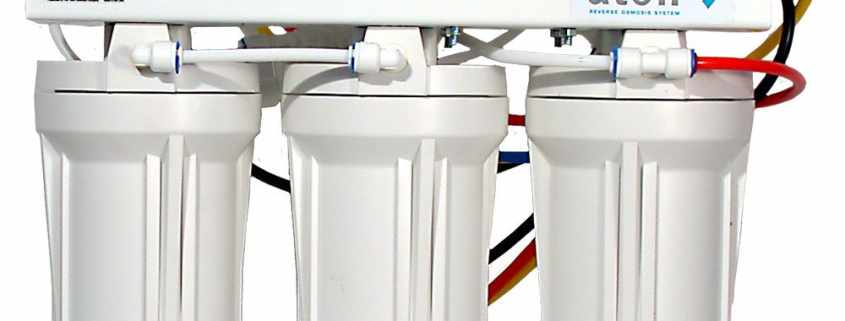How to choose a filter for drinking water purification?
Unfortunately, the drinking water we use is usually of rather poor quality. The composition of water from natural sources can contain a large number of different salts and therefore be very hard. And the water in the water supply system is provided with purification only from impurities that are particularly dangerous to human life.
And even such cleaning is provided only at the outlet of the treatment facility, and the quality of water from your home tap is no longer controlled in any way. That’s why the use of filters at home to purify food water will help to ensure the safety of water.
Which filter should I choose for my home?
Household water purification filters are divided into three groups:
- the simplest filters for water purification of central water supply in the form of cleaning nozzles on a water tap or jugs-filters that remove mechanical impurities and chlorine;
- filters of medium degree of purification, which purify water in two or three stages from mechanical pollutants, carry out cleaning with a carbon sorbent and carry out bactericidal purification by ionic or silver purification method, these are usually filters for water under the sink;
- high–purity filters are the latest developments of nanotechnology, which make it possible to purify water from salts of metals, iron, manganese, lead, mercury, fluorine and even bacteria and viruses.
At home, we cannot determine the composition of water and its quality. However, we observe that scale is formed in the kettle, in the washing machine, and in the plumbing. This determines that our water is hard. Sometimes we can smell the chlorine content in the water. And the smell of rotten eggs indicates the presence of hydrogen sulfide in the water. And this greatly affects the taste of cooked dishes and drinks.
If the water has a high salt content, then it not only has a salty taste, but even a laxative effect. And the increased iron content and acidity level gives the water a taste of iron.
A high level of alkalinity of water leads to the appearance of stains on aluminum cookware.
In swampy areas, tap water may be turbid in color due to the presence of methane in it.
Sanitary standards define 130 types of water pollution.
How can we improve the quality of drinking water at home?
For this purpose, water purification filters are used, which differ in filtration methods:
- sedimentary, which are used to remove mechanical impurities such as sand, clay, rust;
- sorbent (carbon), which remove organic substances, lighten water and improve the taste of water;
- aerator, which oxidize iron in water and form brown flakes that settle on sorbent materials;
- “silver” and UV filters that remove bacteriological contamination are used instead of chlorination;
- filters with ion exchange resin soften water, change the composition of salts.
Using filters for drinking water, you guarantee your health and longevity.




Leave a Reply
Want to join the discussion?Feel free to contribute!